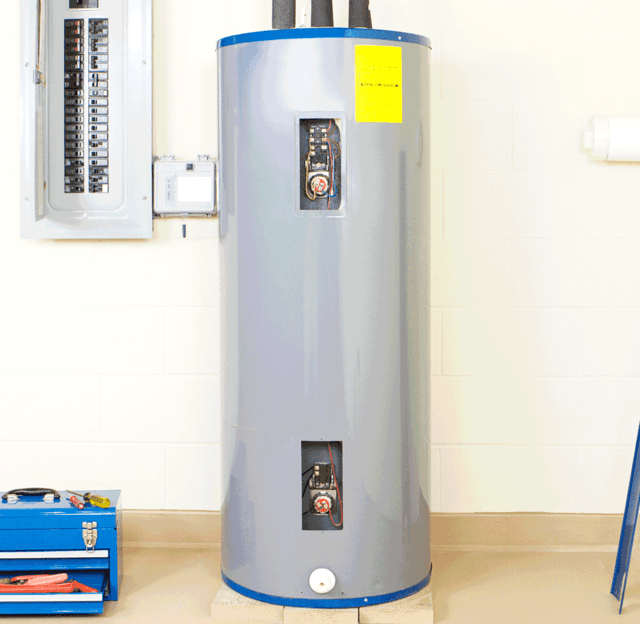Tankless Vs. Tank Water Heaters: Which One to Choose?
Tankless Vs. Tank Water Heaters: Which One to Choose? — Choosing a water heater for your home might seem like an easy task, but with a plethora of options available in the market, it can quickly become overwhelming. While the most common types are tank and tankless water heaters, you might be wondering which one is better. In this blog post, we’ll explain the differences between the two and list the pros and cons of each to help you make an informed decision.

Tank Water Heaters
Tank water heaters store hot water in a tank, which is heated by gas or electric power. The heater kicks in when the temperature drops below the set level, and then it warms the water back up to the desired temperature. Tank water heaters are cheaper than tankless heaters, and many people are more familiar with them.
Pros of a Tank Water Heater:
- Purchase and installation cost is lower than that of a tankless heater
- Can handle multiple outlets running at the same time
- Installation is simpler than a tankless heater
- Larger tanks are available to provide a bigger capacity of hot water storage.
Cons of a Tank Water Heater:
- Water in the tank can lose heat and therefore waste electricity or gas
- Lifespan is generally shorter than tankless heaters
- Tanks require space to store which may not be ideal for homes with limited space or living in communal buildings.

Tankless Water Heaters
A tankless water heater does not store hot water. Instead, when you turn on a hot water faucet, water is heated with a gas burner or electric element as it passes through the current of pipes. This means you only get hot water on-demand, and nothing is wasted by being stored away in a tank.
Pros of a Tankless Water Heater:
- Energy-efficient since no energy is being wasted in storing water
- Takes up less space than a tank water heater
- Higher lifespan than a tank water heater
- On-demand hot water that is always available
Cons of a Tankless Water Heater:
- Installation and purchase cost is higher than that of a tank heater
- Cannot handle several water outlets operating simultaneously
- In cold areas, they might require larger units with higher heating capabilities to cope with the high demand to ensure adequate supply of hot water
- Can be a bit complex to install and may require a professional plumber
Conclusion:
Both Tank and Tankless water heaters have advantages and disadvantages. When deciding which type of water heater you want to purchase, or upgrade too, you will need to consider factors such as your living situation, location, family size, and energy-use habits. If you have a large family and limited hot water needs, a tank water heater can be a great option. On the other hand, if you're environmentally-conscious, a tankless water heater could be the best choice. Your budget and installation costs, as well as the long-term cost savings, should also inform your decision. With this information, you can choose which option is most suitable for your home.
When considering switching from a tank to a tankless water heater, it's crucial to consult a professional plumber. This is because there are specific permits and regulations that need to be followed when installing a new water heater, vs just replacing an existing one. A plumber can also help determine the right size and type of tankless water heater for your household's needs, as well as advise on any potential installation issues that may arise.
Contact one of Poole's Plumbing's certified and insured, expert water heater installers to learn more about worry-free plumbing and making the switch to a tankless water heater. With their expertise, you can have peace of mind knowing your new water heater is installed correctly and efficiently. In conclusion, both options have their own set of advantages and disadvantages, so it ultimately comes down to personal preference.






